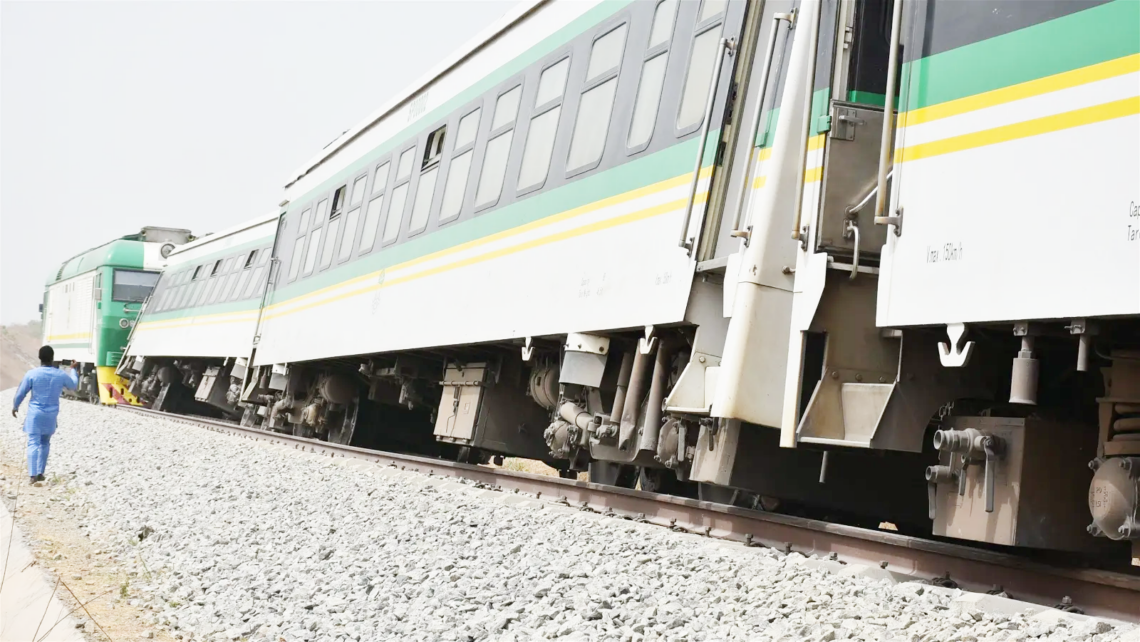Living in a cashless society is a great idea. We will have lower crime rates. We may likely have less money laundering. The money launderers are smart. Do not place a bet on it. We will save time. We will save resources to send and make money. Exchanging currency will be fast. And easier when you need to travel. However, do we need to die before we go cashless?
The cashless culture is not like going to space travel. We do not need aeronauts. But the cog in the cashless wheel is that we are not ready. The rail tracks are not ready. The trains are not ready. The “rail workers” are not ready. How will the “passengers” travel with ease? How will bank customers send cash on errands via electronic channels if the digital platforms are not ready, if the platforms are unavailable, and if the platforms are not resilient enough to accommodate the expected surge?
If the banks’ digital infrastructure is not ready to accommodate, at least 100 million customers, the cashless train may not leave the station. In truth, bank customers will not build the rail tracks. The CBN will not build the rail tracks. The banks need to build the rail tracks. That is when the adoption of cashless culture will become a daily habit. Arm-twisting Nigerians and kicking them to embrace cashless habits is a disadvantage.
On The One Hand
Nigerians conducted transactions worth N38.9 trillion electronically in November 2022. These transactions went through the NIBSS Instant Payment gateway. Data from the Nigeria Inter-Bank Settlement Systems (NIBSS) that this is the highest transaction record on the platform in November. The total value of NIP deals in the last 11 months was N345 trillion.
This figure could have quadrupled if all of the following scenarios had happened. If more customers had gained access to the platform; if some banks did not schedule electronic channels maintenance during the melee; if the mobile agents were lenient; if the CBN’s eggheads had anticipated the unprecedented surge; and, if the policymakers and the bank tellers had displayed empathy, we would have recorded a higher figure.
We did not have these occurrences. As such, more Nigerians did not get to use the various e-channels for transactions. Meanwhile, the revised cashless policy was supposed to increase the figure. But banks, Fintech, and other players slowed the process. By not providing adequate services to mammoth Nigerians who wanted to use digital platforms. That points to one fact. The banks are not ready. Some fintech firms are not ready. Pos operators and bank agents are not ready. They need to prove their readiness.
Meanwhile, the banks’ infrastructure capacity is at an elasticity breaking point. Will the revised cashless policy bring it to its knees? The CBN’s aggressive approach to increasing the adoption of cashless transactions has taken its toll on bank customers. By reducing the volume of higher denominations and lowering the over-the-counter cash withdrawal limit, the CBN murdered the morale of Nigerians. Who will motivate Nigerians to use electronic channels?
On The Other Hand
Has CBN achieved its objectives of redesigning the naira? Do we have less cash in circulation? Do we have more Nigerians embracing cashless? What has CBN done right this time? Mr Taiwo Oyedele is a West Africa Tax Leader at PwC Nigeria and a member of the PwC Global Board for Leadership Development.
He said encouraging Nigerians to use e-payment channels for transactions might not necessarily address the current scarcity of naira notes in circulation until the government makes e-payment easier and safer for the people. Many countries that have embraced e-payments and minimal use of cash, he said, are doing so not because their currencies are scarce or to avoid penalties. “Instead, they do so because their economies run on credit even as e-payment is more convenient, safer, and incentivized than cash.”
In The Short Term
On a Twitter thread, Oyedele suggested the CBN need to introduce an effective strategy to make e-payments easy and attractive.
How?
By living in Godwin’s Cashless Enclave.





